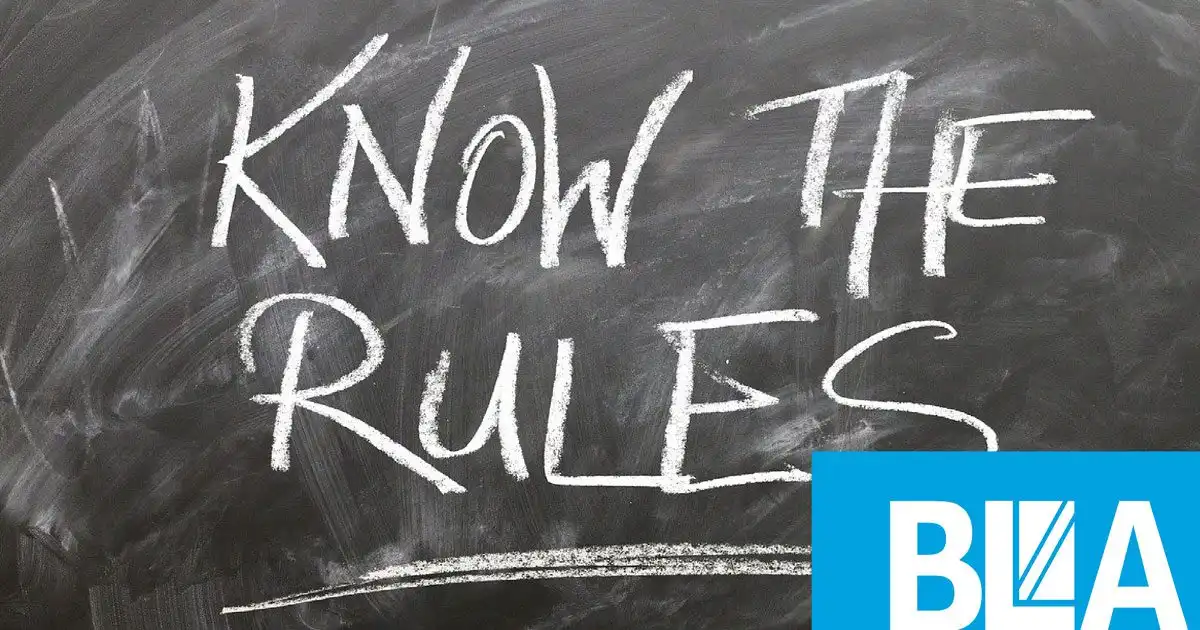What is Universal Credit?
Universal Credit is a monthly payment for people who are either unemployed or working but have a low income.
It will eventually replace all of the following benefits and tax credits:
- Income Support
- Child Tax Credit
- Housing Benefit
- Working Tax Credit
- Income-based Jobseeker’s Allowance
- Income-related Employment and Support Allowance
Section 11 of the Welfare Reform Act 2012 calculates an award of universal credit to include an amount for a claimant’s liability to make payments for the accommodation they occupy as their home.
Where a tenant accrues rent arrears of two months’ rent or more, the landlord can seek an amount to be deducted from the tenant’s universal credit payments to recover the rent arrears.
This is legislated for Schedule 9 of the Social Security (Claims and Payments) Regulations 1987, as amended by the Welfare Reform Act 2012.
Rent arrears and service charges for the tenant’s property are included in the list of deductions that can be made from a Universal Credit payment.
Social landlords use “Third-party” rent arrears and deductions from other benefit entitlements, such as JSA, Income Support, ESA, and Pension Credit. The current amount is £3.65 per week, based on 5% of the tenant’s JSA Personal Allowance.
For this reason, the higher Universal Credit limit will make it possible to clear rent arrears much quicker; private landlords can also apply for third-party deductions.
If your tenant has accrued rent arrears to the value of two months or more, you can request a third-party deduction to recover the rent arrears using the Request for a Managed Payment or Rent Arrears Deduction form.
The maximum rate at which deductions for rent arrears can be made is 20% of the Universal Credit standard amount.
Deductions can be made at the rate of 20% of their Standard Allowance.
The deduction is likely to be capped at 10% or 15% in most cases because the tenant has other secondary debts, like Gas/Electricity, Council Tax, or Court Fines.
An e-mail facility is available, allowing landlords to make Alternative Payment Arrangement (APA) applications, including requests for payment redirection regarding Universal Credit. APAs are also known as landlord-managed payments.
The current methods available for landlords to request an APA are:
- By phoning Universal Credit on 0345 600 0723 requesting a rent arrears form or
- By email – private landlords (who do not have a secure e-mail address) use the UC47 (non-secure) form which is then to be e-mailed to the following address: [email protected].
- In the event a private landlord has a secure email address, there is a separate procedure to follow. Applications should then be submitted to the UC email address [email protected]. Notably, only UC47 forms should be sent to this email address. Additional documentation/evidence must not be sent to the email address. Secure e-mail addresses are listed as any of the following Email addresses: GSI, GCSX, GSX, CJX, CJSM or GSE, GOV.UK or GOV.SCOT
- By post – if you are applying by post, you must use the secure postal version of UC47.
Evidence must also be provided before a direct payment to the Landlord can be made, such as:
- Details of rent arrears – this will show the current balance on the rent account, including the amount of rent outstanding and the amount of rent due and paid for each payment period.
- A full breakdown of exactly how the rent arrears have been calculated, e.g. the period over which the arrears have accrued.
- A full breakdown of exactly how the rent amount is calculated/made up of service charges payable, water rates and any other separate charges included with the rent.
- Additionally, you must provide the Landlord’s contact details—the landlord’s name and address, plus the Landlord’s bank/building society account number and sort code for the account into which the payment has been made.
 If you are not a member of the British Landlord Association, why not join us today?
If you are not a member of the British Landlord Association, why not join us today?
The British Landlords Association is a national landlords association.
Our top blogs:
Is our housing market about to crash?
Oldham landlord jailed 9 years after a tenant dies of carbon monoxide
Scots able to sell secure tenancies through set valuation from March 2021
Disclaimer:
This post is for general use only and is not intended to offer legal, tax, or investment advice; it may be out of date, incorrect, or maybe a guest post. You are required to seek legal advice from a solicitor before acting on anything written hereinabove.




